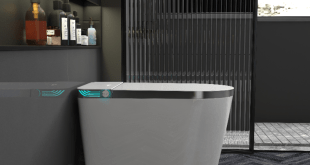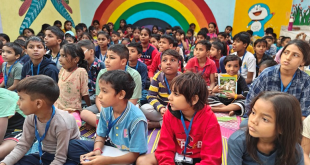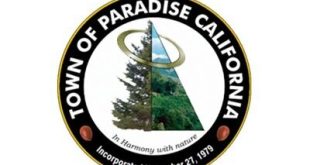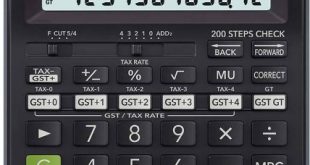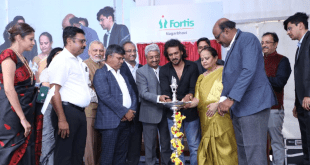The instruments will allow GITAM faculty to hold workshops and training sessions for radiochemistry students on the measurement of Beta and Gamma radiation
HYDERABAD / April 8, 2022: Indian Association of Nuclear Chemists & Allied Scientists (IANCAS), a scientific body of Bhabha Atomic Research Centre (BARC), Mumbai, has gifted instruments worth Rs 3 lakhs to the Hyderabad campus of GITAM deemed-to-be-university which will enable students to detect and measure radiation and handle radioisotopes safely. The instruments include a Geiger Muller counter for the measurement of Beta radiation and a Gamma Scintillation Detector to measure Gamma radiation.
The BARC scientists were at GITAM Hyderabad to deliver a five-day national workshop on “Radiochemistry and Application of Radioisotopes” for 45 GITAM School of Science faculty members and 20 professors from other universities around the country (4th to 8th April 2022)
Prof. GA Rama Rao, Principal, School of Science, GITAM Deemed-to-be-University, Hyderabad, a retired Scientific Officer from BARC, Mumbai: “We thank you, BARC, for gifting such important equipment to GITAM. This will help us hold practical training sessions for our radiochemistry students to measure Beta and Gamma radiation.”
He added: “Nuclear energy is a vital option for India to meet the ever-increasing demand for power. Though the subject is introduced to students from 10th standard onwards in schools, the teachers themselves, whether at school, college or university, hardly have any hands-on experience of radioactivity. This five-day workshop by IANCAS at our Hyderabad campus provided an opportunity for the participants to experience handling radioisotopes and detecting and measuring radiation in a real-world setting.”
The BARC scientists used the instruments to demonstrate to the participants that daily use products such as soap and salt contain enough naturally occurring K-40 radioisotopes to emit Beta radiation. The air we breathe also includes Beta radiation in the form of Radon gas, which they demonstrated by collecting air samples from the classroom.
The BARC experts taught the basics of radioactivity, decay, radiation, detection and measurement, as well as the application of radioisotopes in areas like chemical sciences, physics, medicine, industry and agriculture. Lab experiments were conducted using radioisotopes like Cobalt-60, Cobalt-67, Thallium-204, Potassium-40 and Cesium-137.
Dr S Kannan from IANCAS, who is an authority on NMR spectroscopy, gave an overall view of the contributions of the Department of Atomic Energy, while Dr YK Bhardwaj, an acclaimed scientist in the field of polymers, spoke about the application of radiation in polymer technology.
Radioisotopes that emit radiation have many applications in the real world, such as sterilization of medical consumables, non-destructive testing of fabricated materials, and irradiation of food products to increase the shelf life of perishable food items like fruits and vegetables.
 Newspatrolling.com News cum Content Syndication Portal Online
Newspatrolling.com News cum Content Syndication Portal Online

